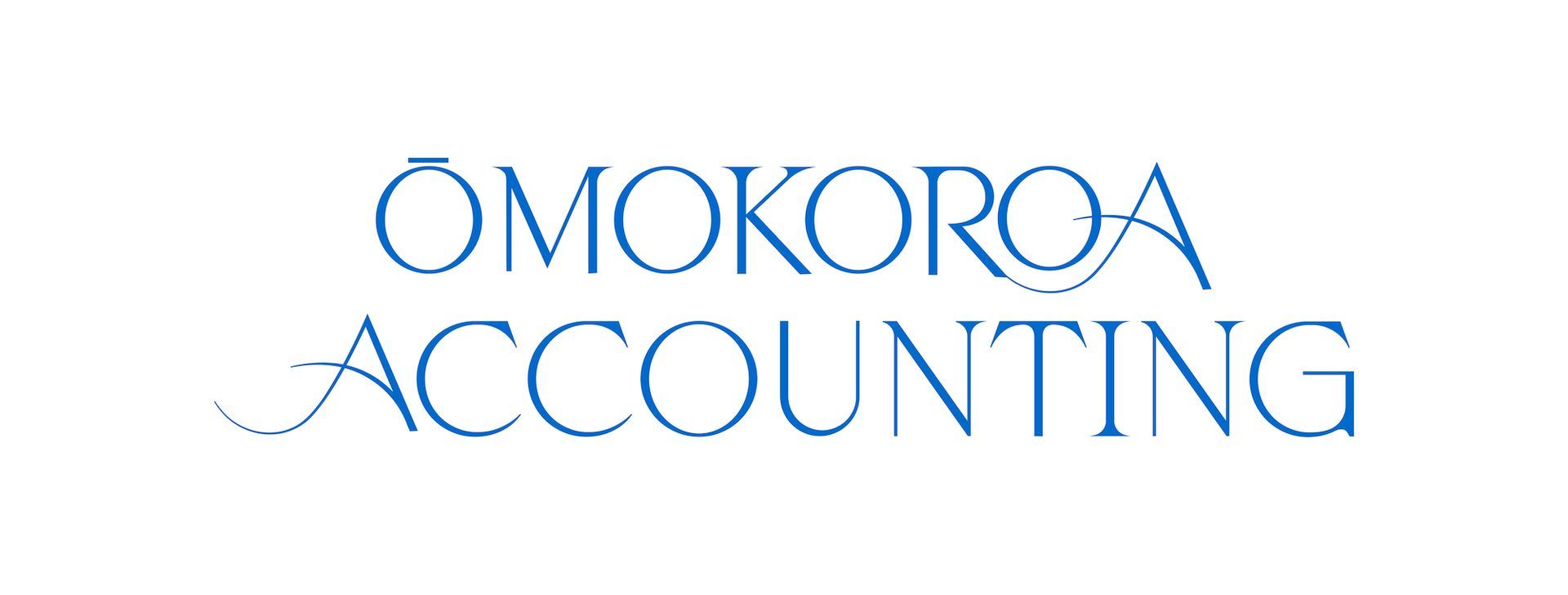Reporting requirements for Trusts
In January 2021, there was a complete overhaul of the NZ Trust Law. This replaced the Trustee Act 1956. The changes included:
- Description of the key features of a trust to help people understand their rights and obligations;
- Mandatory and default trustee duties;
- Requirements for managing trustee information, including basic trust information for beneficiaries;
- Allowing trustees to manage and invest property in appropriate ways;
- Options to remove appointed trustees without having to go to court;
- And cost-effective establishment of administration of trusts.
Part of this overhaul included an outline of core documents that need to be kept for each tax year. This included a record of assets, liabilities, income, and expenses. Under the Act, these are the key documents trustees must keep a record of for their financial statements. There should be one trustee responsible for keeping track of these records.
These financial statements summarise the trust's financial position and make it easy to identify its assets and liabilities without going through years of documentation.
We are coming across a lot of trusts that have never kept financial statements. However, if the trustees have access to the trust deeds and resolutions, including gifting certificates, we can aid you in generating financial statements for this year.
By keeping up-to-date, accurate financial records you can ensure trustees fulfill tax obligations and be accountable to beneficiaries. It also helps trustees with the annual financial review and trustee meeting each year.
At Ōmokoroa Accounting we understand the practicalities of trusts. With our experience, we can assist you with the financial reporting requirements according to the Trust Law and IRD disclosure requirements. Contact the team if you want to know more.


